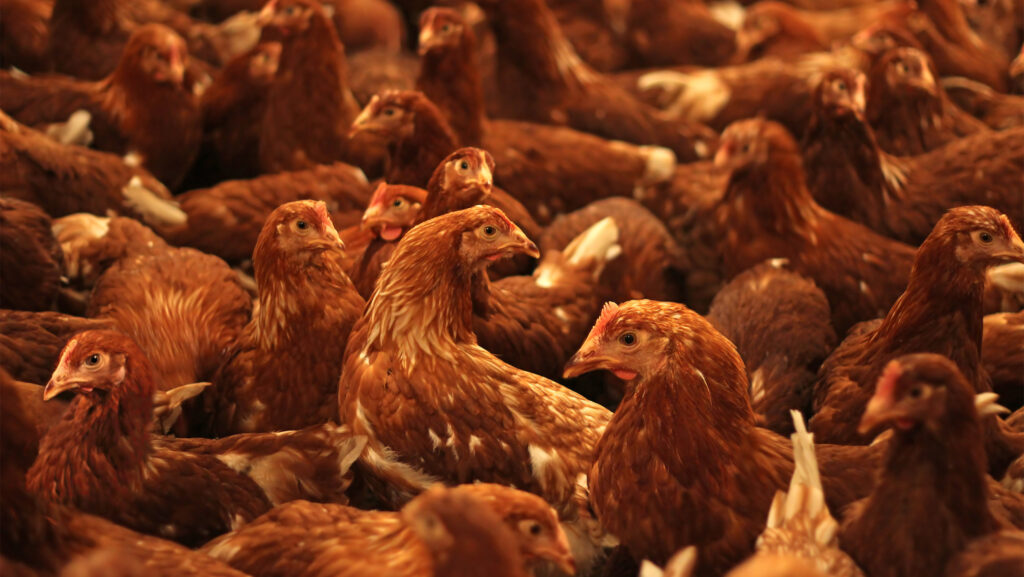Poultry housing order extended in the north of England
 © Adobe Stock
© Adobe Stock A housing order for poultry and kept birds has been extended for the North of England from Monday (7 April) to help prevent further outbreaks of bird flu.
The latest restrictions affect keepers in Cumbria, County Durham, Northumberland and Tyneside, who must continue to house their birds and follow the strictest biosecurity measures as required by the Avian Influenza Prevention Zone (AIPZ).
See also: Free-range broilers to retain status during extended housing orders
“Due to the increasing number of bird flu cases in the North of England, particularly in regions with high-density poultry farming, we are extending housing measures,” said UK deputy chief veterinary officer Ele Brown.
Dr Brown added that bird keepers must stay alert for any signs of the disease, maintain strict biosecurity practices, and report any suspected cases immediately to the Animal and Plant Health Agency.
Avian Influenza Prevention Zone
The AIPZ measures apply to all bird keepers whether they have pet birds, commercial flocks or just a few birds in a backyard flock, and are essential to protecting birds from avian influenza.
Enhanced biosecurity measures are in place across the UK, in line with AIPZs requirements.
Mandatory housing also applies in any 3km Protection Zone or 3km Captive Bird Monitoring (Controlled) Zones surrounding an infected premises.
The zones remain in place until further notice and will be kept under regular review by the government.
Housing periods
Producers in the East Riding of Yorkshire, Kingston Upon Hull, Lincolnshire, Norfolk and Suffolk have been affected for almost 15 weeks, since they were placed under restriction in late December.
The City of York, North Yorkshire and Shropshire were added to the list on 27 January, while producers in Herefordshire, Worcestershire, Cheshire, Merseyside and Lancashire have been under housing orders for the past six to seven weeks.
The housing measures also apply across the whole of Northern Ireland.
Recent cases
More than two million birds have been culled this bird flu season, with the latest case of bird flu (strain H5N1) confirmed in a commercial turkey fattening flock near Thirsk in North Yorkshire on Saturday (6 April).
On Tuesday, 1 April, 20,000 free-range layers near Thirsk, North Yorkshire were also culled.
